Naturally, some of the magic is owed to a fabulous ensemble (Kevin Bacon, Fred Ward, Michael Gross, Finn Carter, Reba McEntire, etc.) as well as it is a winning script from S.S. Wilson, Brent Maddock, and director Ron Underwood. But the big win – as should be the case in any Horror feature – is that the effects team crafted a veritable screen monster capable of delivering the level of screen menace required to spin the yarn. Yes, it was a practical physical monstrosity – this was the days before CGI – so audiences were both gifted with its visual pursuits as well as imaging just what it could be doing as it lurked beneath the ground.
Indeed, viewers were obviously swept up with the tale of these subterranean ‘grabbers,’ and a franchise was born. To date, it’s produced an incredible handful of direct-to-DVD sequels as well as a short-lived television series. It would seem that life in the dirt ain’t so bad after all, and who knows when we’ll see yet one more installment in that saga that seems one without end.
Well, in 2022, another contender has risen up in an attempt to steal the dirty crown from Tremors: They Crawl Beneath features a markedly smaller (but no less hungry) beast – one apparently evolving from worms – and it’s set its sights on unearthing gold in home video receipts. Is it up to the task?
Let’s dig in …
(NOTE: The following review will contain minor spoilers necessary solely for the discussion of plot and/or characters. If you’re the type of reader who prefers a review entirely spoiler-free, then I’d encourage you to skip down to the last few paragraphs for my final assessment. If, however, you’re accepting of a few modest hints at ‘things to come,’ then read on …)
From the product packaging:
“After an earthquake leaves Danny trapped and alone, his claustrophobic nightmare only gets worse when something truly horrifying emerges from the fissures in the ground, forcing him to engage in a brutal fight for his life – and his sanity.”
Despite some obvious weaknesses of a small budget, They Crawl Beneath both presents and sticks to its efficiency: it’s essentially one of those ‘locked room’ premises wherein our narrator – rookie cop-with-a-heart-of-gold Danny (Joseph Almani) – finds himself both trapped in his uncle’s garage and hunted by a series of predators emerging from the hole in the ground opened up by the same earthquake that locked him inside. It’s a race against time for survival – both physically and mentally – as he must somehow overcome the fallen car that’s trapped him on the floor as well as face the hallucinations resulting from the creature’s venom (he’s been bitten) racing through his veins.
How’s your day going?
Sometimes the greatest strength of any effort is that it knows what it wants and sticks true to achieving that goal. In that regard, Dale Fabrigar capably directs Tricia Aurand’s script, and neither were all that worried about developing these peoples, places, and things any greater than what was needed in this time and place. In fact, you could probably watch Beneath with a checklist and tick off every development as it goes; that’s how desperately all involved cling to familiarity here. Where they could’ve taken a serious narrative left turn – Danny’s increasing hallucinations causing him to question both his predicament as well as his family’s “secrets” – Fabrigar and all stick faithfully to the plan. Me? I think the diversions questioning one’s sanity might’ve made for a more compelling story.
Because I grew up when I did (the 1970’s), I have a lasting fondness for practical effects, and Beneath’s overgrown wormlike creatures are a delight. While their bodies could’ve used a bit more polish, their gaping teeth-filled maws – what matter most – are the stuff of nightmares. Fangs. Bug spit. Screeches. The whole nine yards. If they weren’t practical, they sure looked the part, and the time up in the limelight should be given the respect they’ve earned … or else they’ll bite it off anyway because that’s what screen monsters do. (Hat tip: there’s even the hint of a follow-up if this little film finds an audience, though I’m not sure that’s in the cards.)
As for its cast of players?
Well …
In contrast, actress Karlee Eldridge seems almost gobsmackingly out of her element here, some of which could be owed to the fact that she’s a fairly stock creation. (Haven’t we seen enough estranged wives of cops, Hollywood? Can’t we try something different? Anything different? Anything at all?) Her delivery is almost robotic, and there’s a nebulousness to what she does for a living that doesn’t quite support her being in here other than the fact that’s how it was written. Her looks are entirely plastic – even after the apparent throws of bedroom passion, she’s Maybelline fresh – so the inherent weakness of “I’m just playing a character in a film” is obvious with each passing scene. I guess it’s nice that she showed up and looked good, but Beneath gives her absolutely zero nuance to work with. A wasted effort all around.
Screen veteran Michael Pare – honestly, a longtime favorite of mine – turns in a serviceable performance as the script’s “Uncle Bill.” Sadly, he’s dismissed from the bulk of the action – sidelined mostly by two key plot points I’ll not divulge for fear of spoiling it – and that’s a miss. When you have a name talent like him in the cast, I’d hope you’d put them to good use, even if it meant a rewrite to beef up his presence; and Pare – while convincing – gives a look that could’ve easily been filled by someone without his pedigree.
They Crawl Beneath (2022) (aka It Crawls Beneath) was produced by Suzanne DeLaurentiis Productions. DVD distribution (for this particular release) is being coordinated by the reliable Well Go USA. As for the technical specifications? While I’m no trained video expert, I thought much of the sights and sounds featured were pretty solid, though I’ll admit that a few sequences photographed in the dark could’ve used a bit more light. Also, the few CGI effects featured in the film are quite inferior, one laughably so. (I know, I know: it happens in the world of small budgets.) As for the special features? Meh. Outside of the theatrical trailer, there’s nothing to look at … and that’s always a disappointment so far as this critic is concerned.
Mildly Recommended.
It isn’t that They Crawl Beneath (2022) is a bad film. It’s just too routine. Too safe. Too reserved. It’s an entirely predictable affair that adheres faithfully closely to the safest possible narrative choices – even when trying to ramp up the claustrophobia or the whole affair – more comfortable in preserving the middle ground instead of truly doing anything new, different, or innovative. Had its script or actors been pushed into fertile territory, then who knows? It could’ve been something special, but – as is – it’s a tale that’s older than dirt. Still, I do love practical effects, so kudos to the O.G. presentation of things that go bump in the night.
In the interests of fairness, I’m pleased to disclose that the fine folks at Well Go USA provided me with a complimentary Blu-ray of They Crawl Beneath (2022) by request for the expressed purposes of completing this review; and their contribution to me in no way, shape, or form influenced my opinion of it.
-- EZ

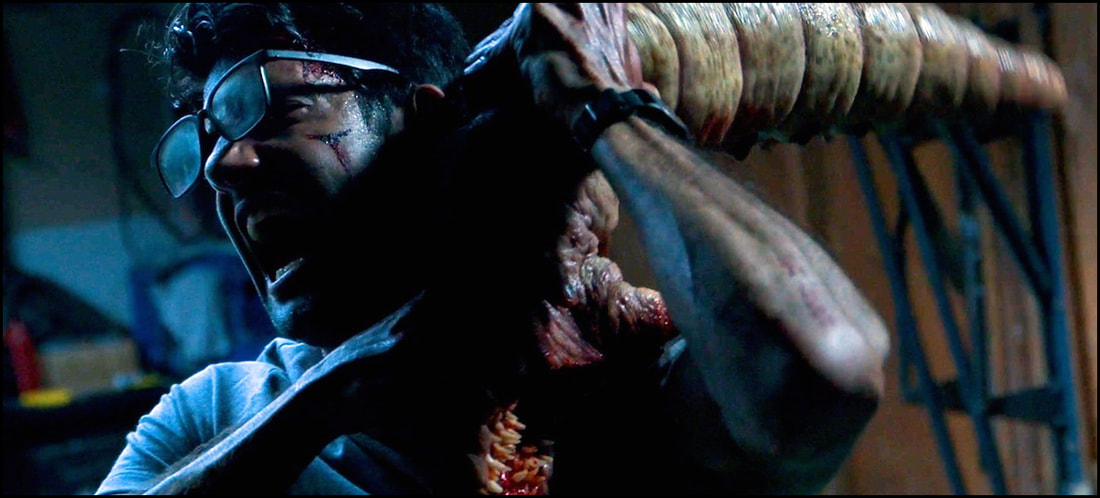
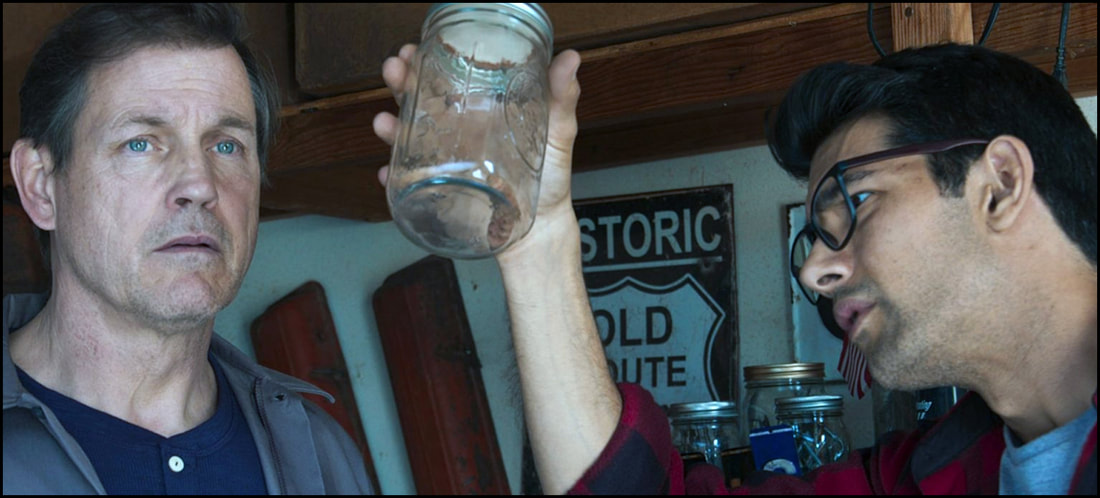
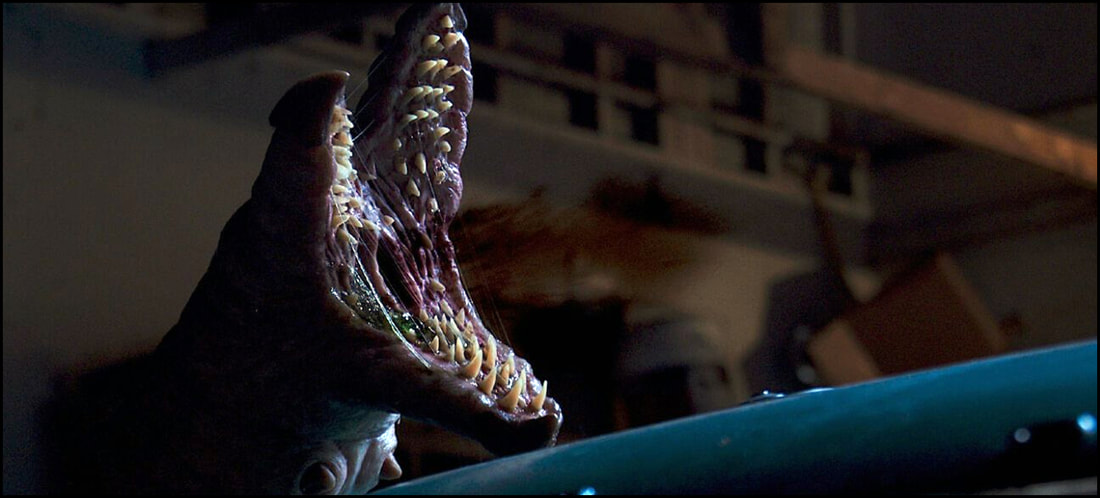
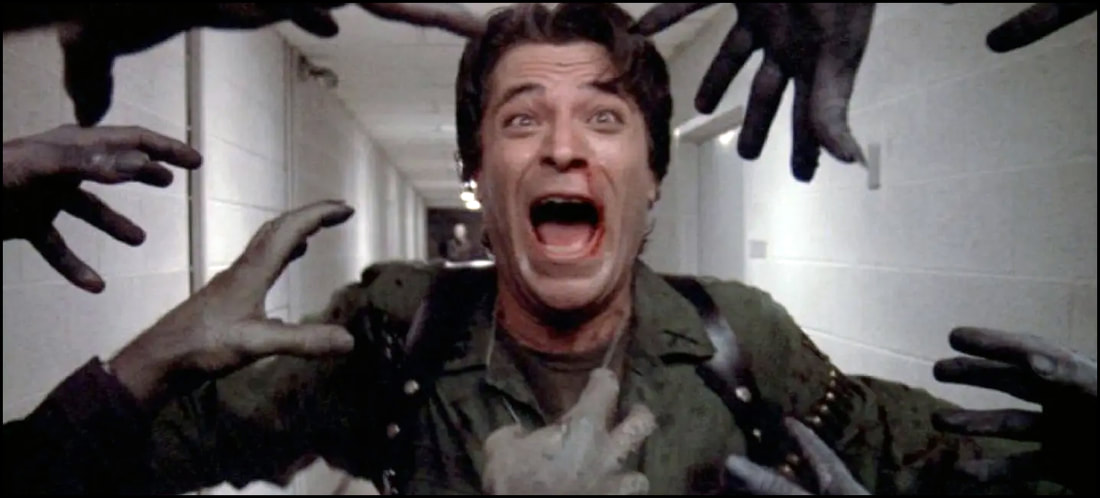
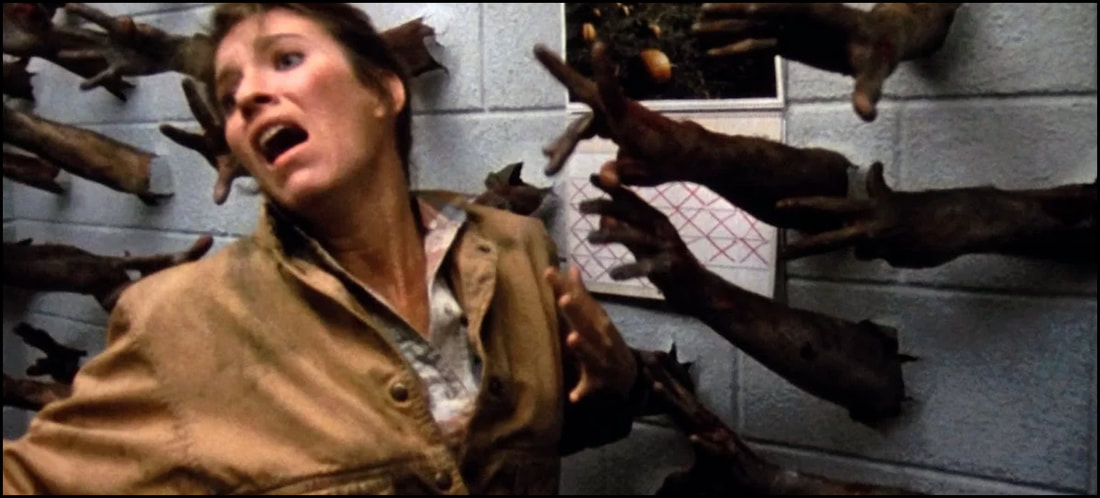
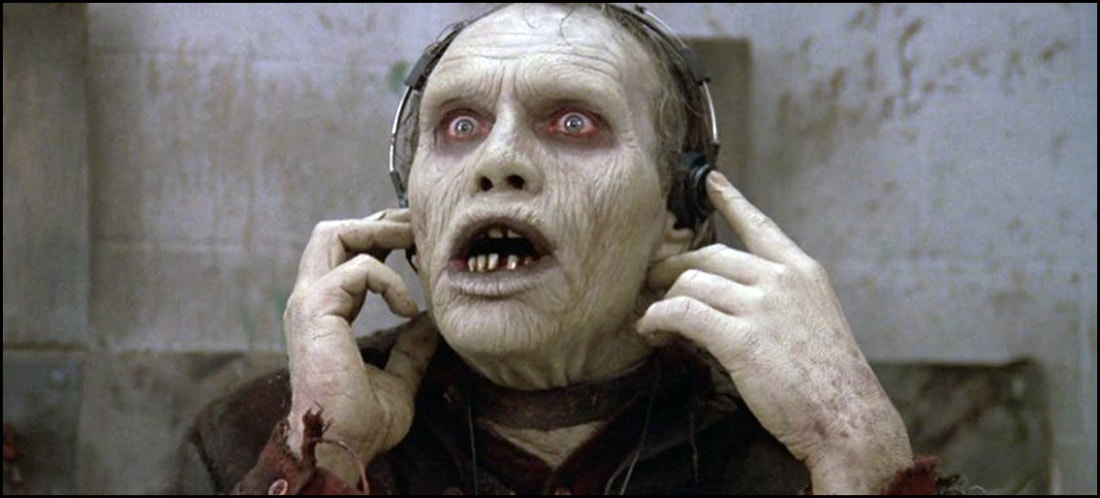
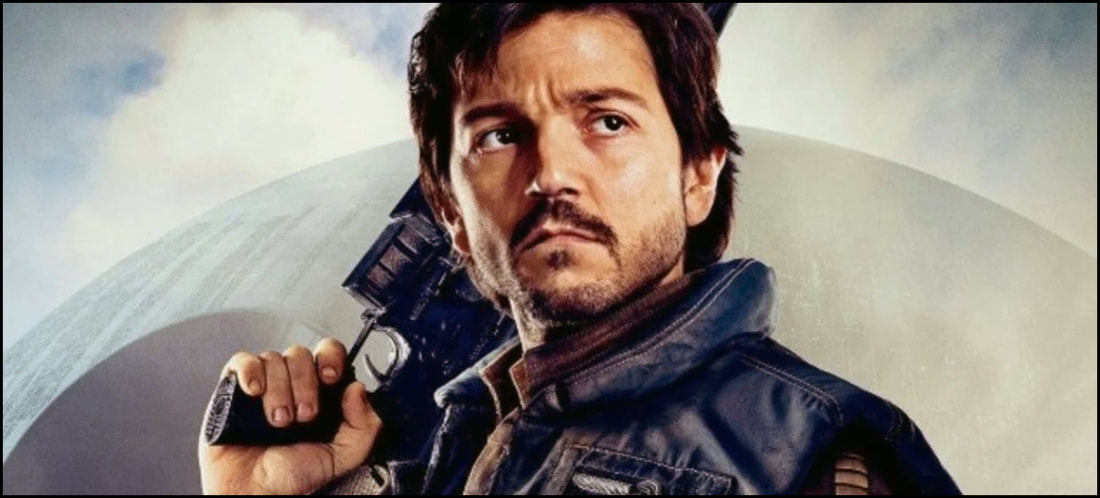
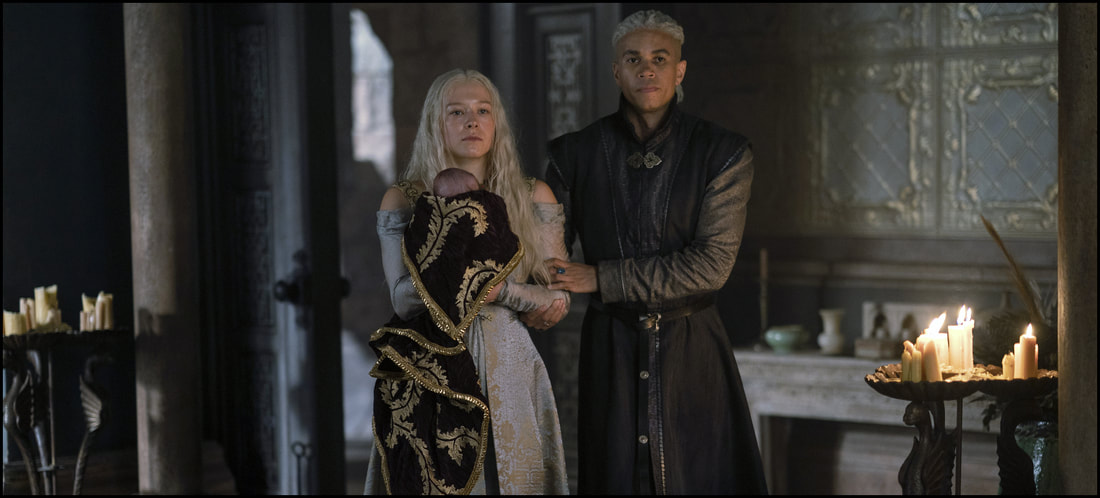
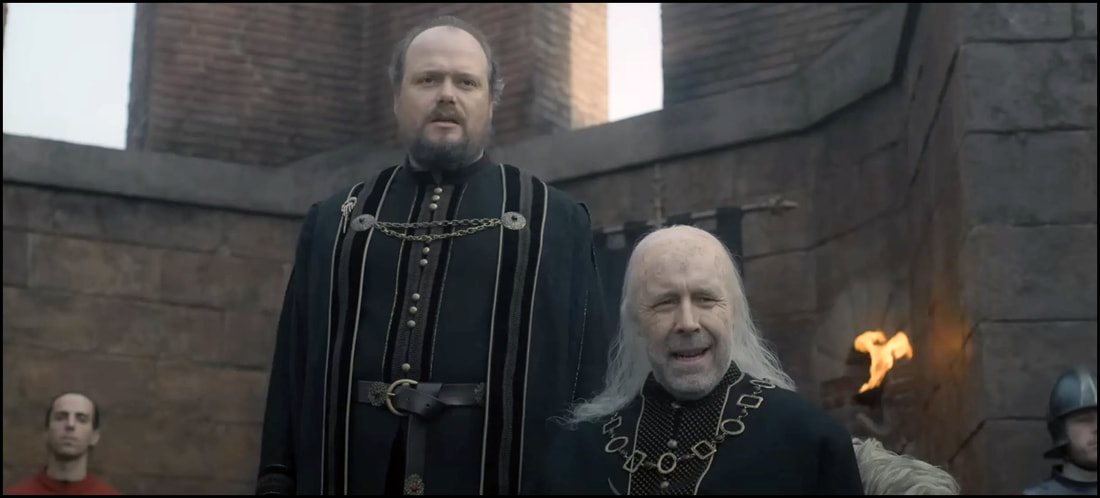
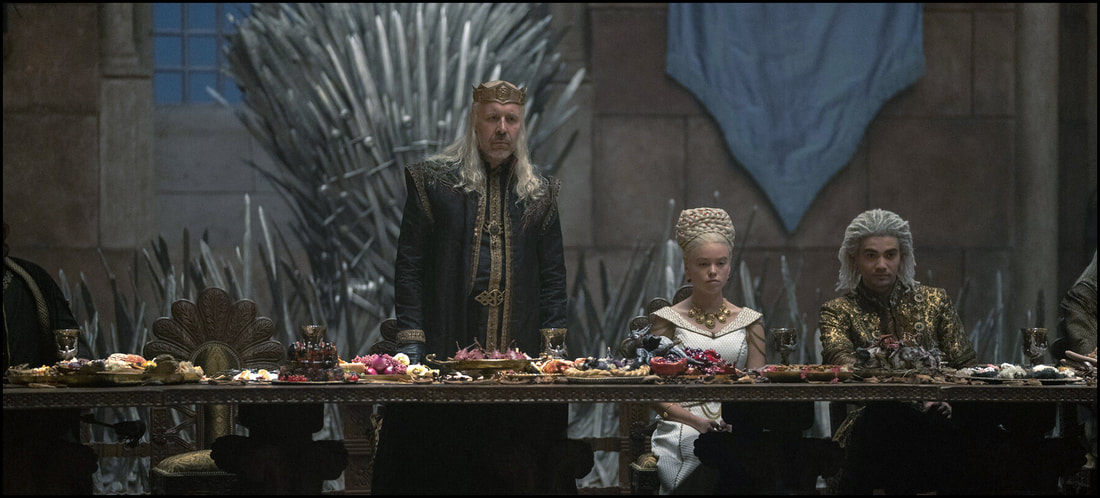
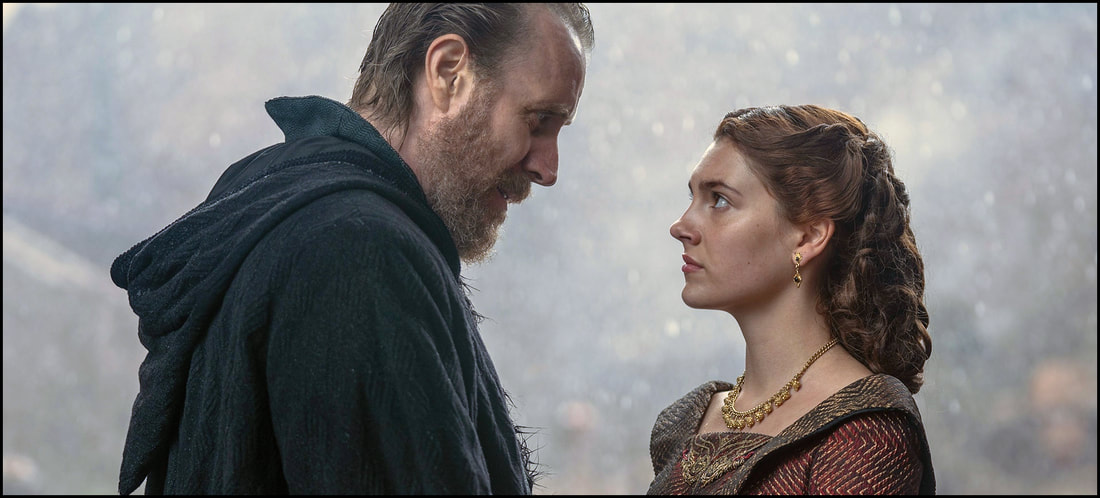
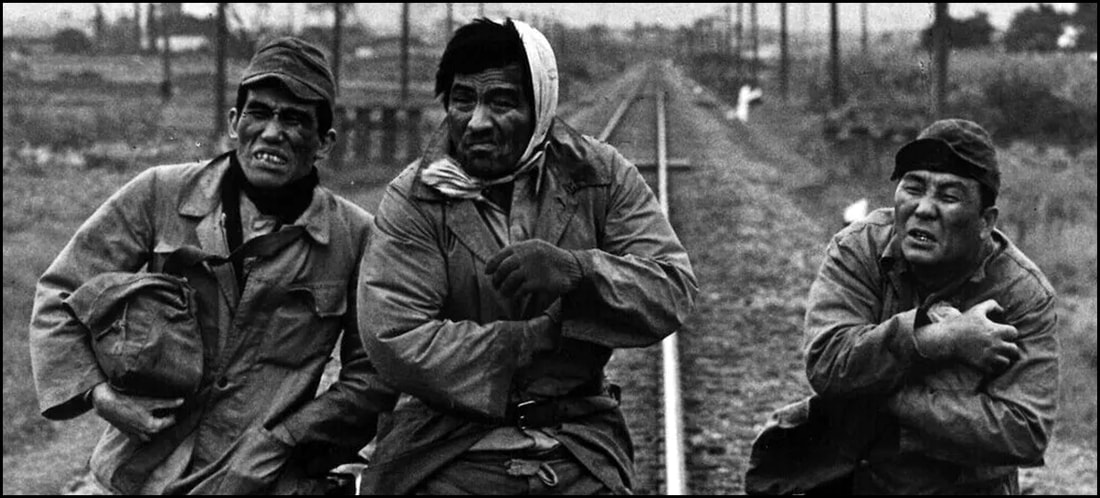
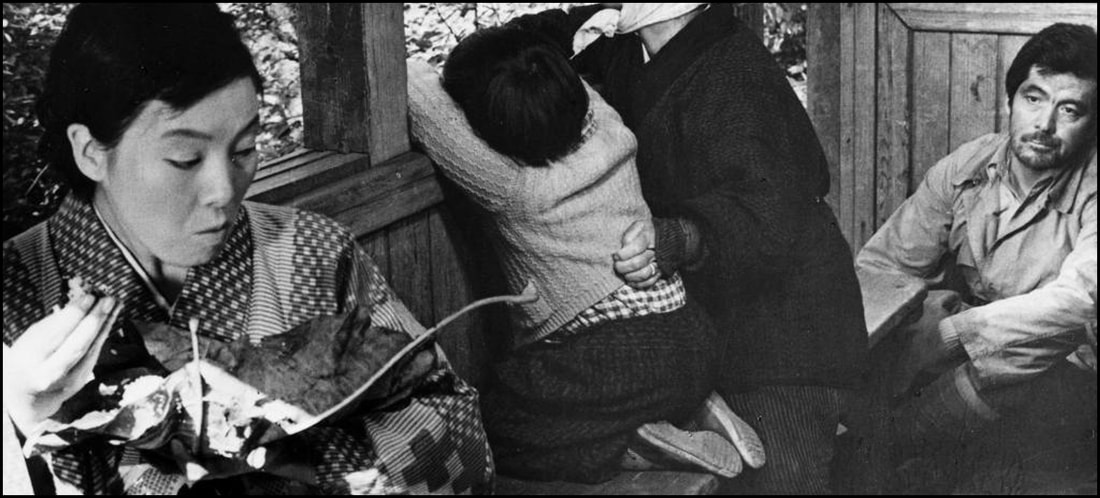
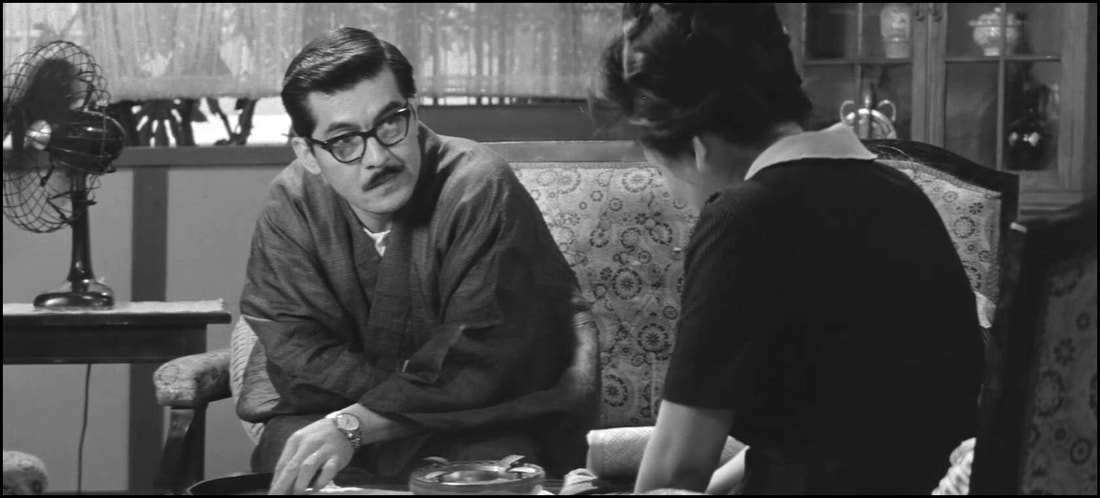
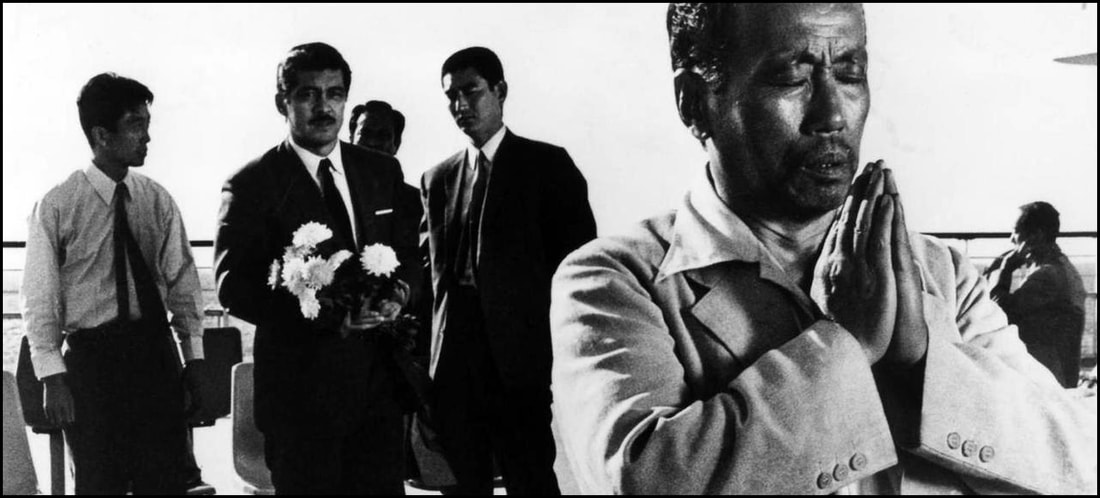
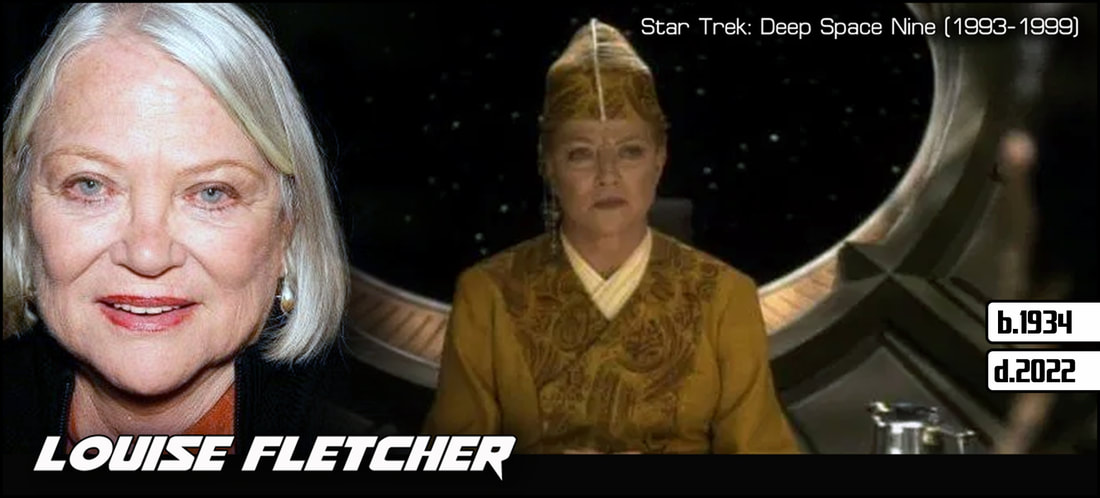
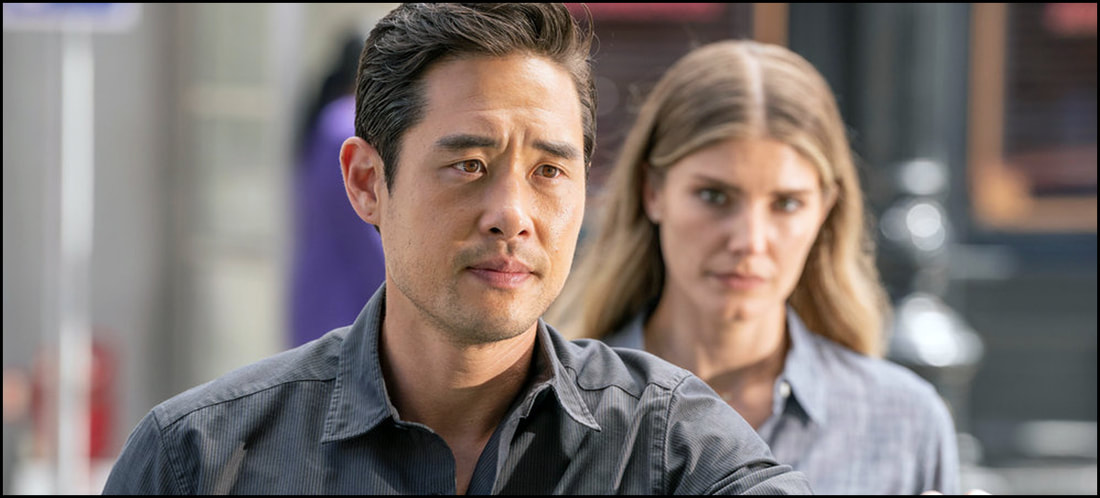
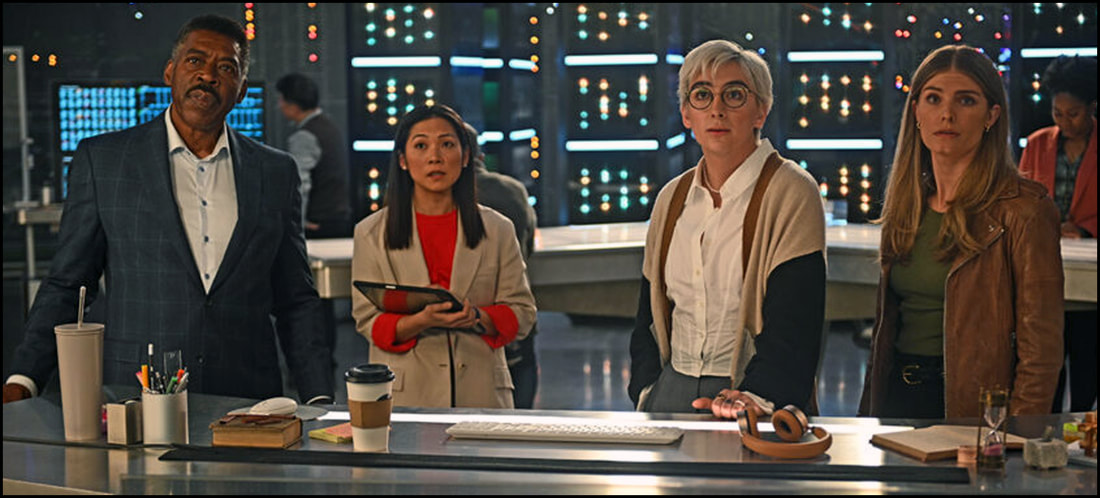
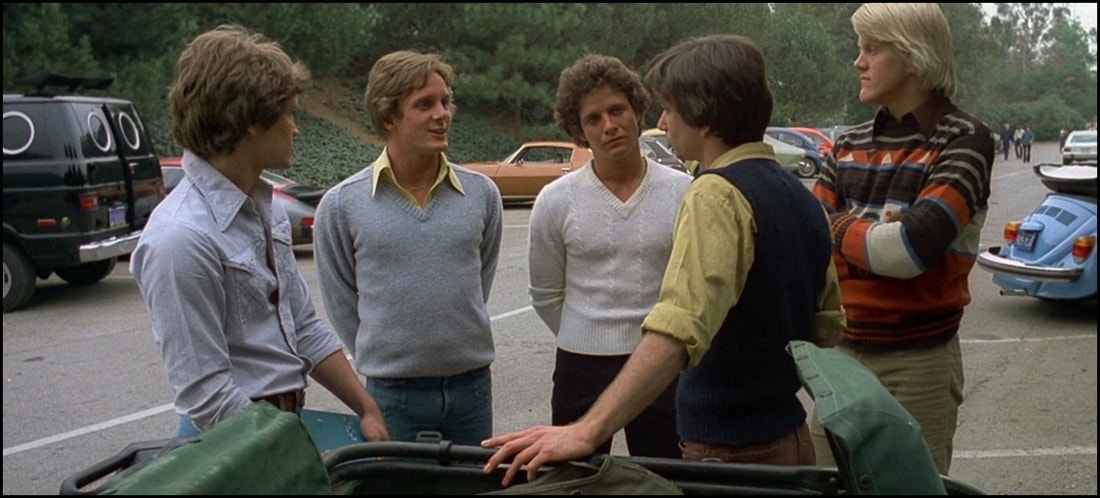
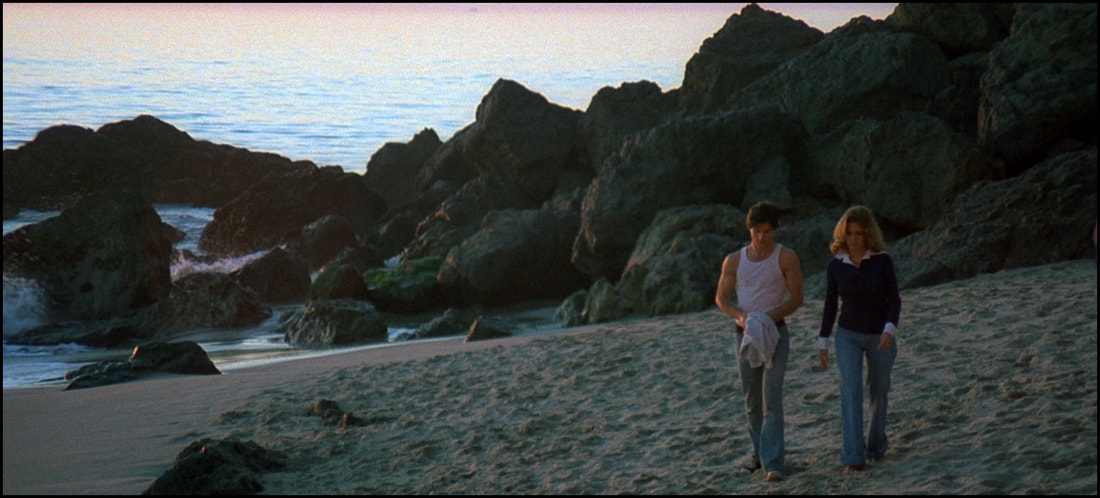
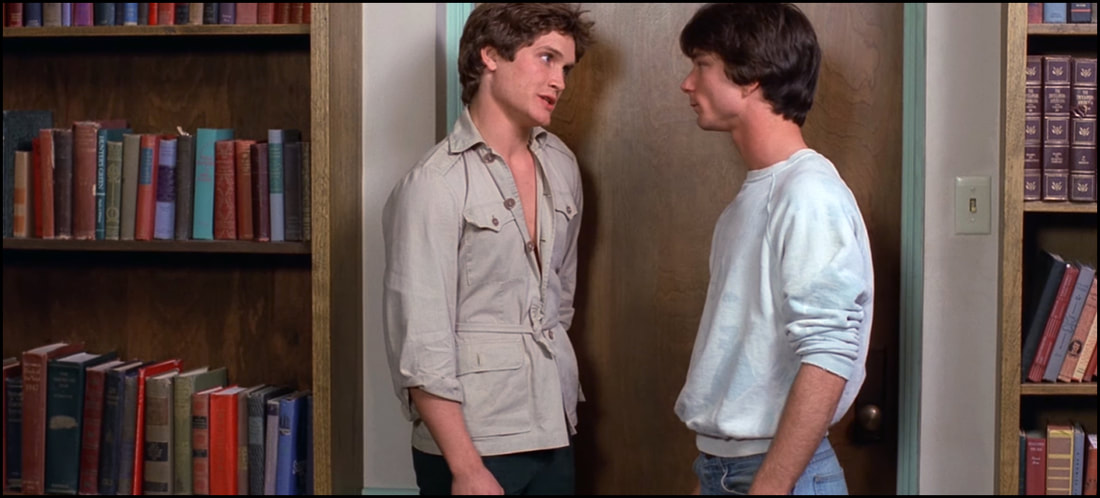
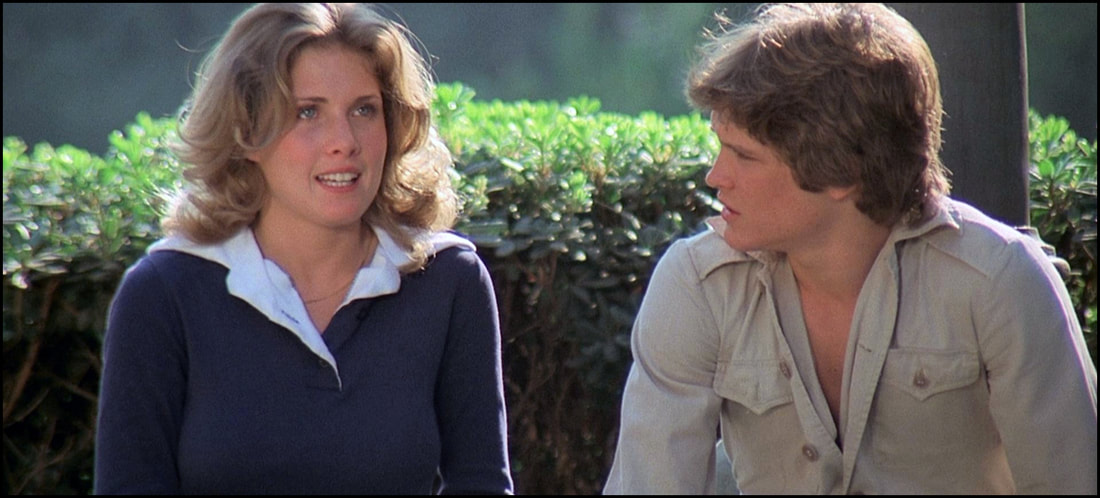
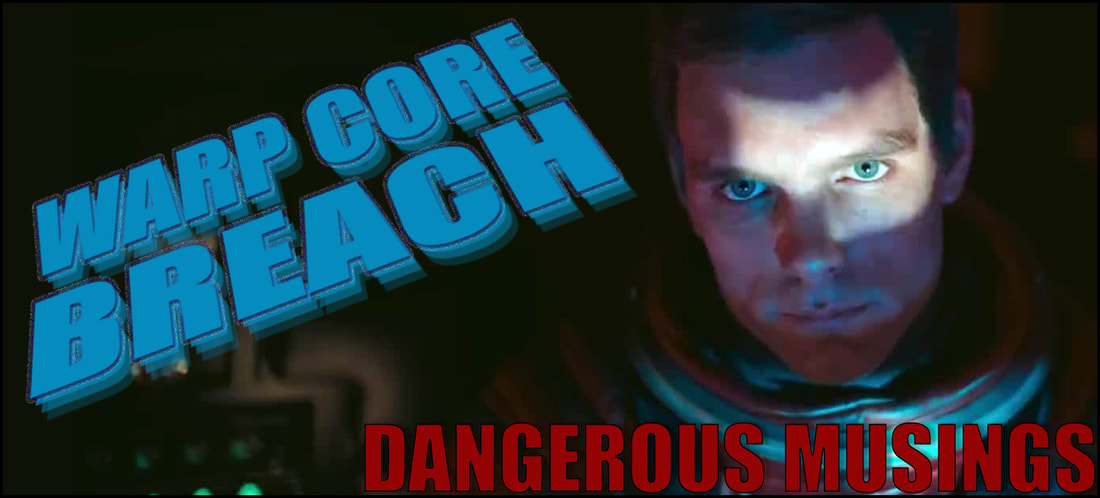
 RSS Feed
RSS Feed